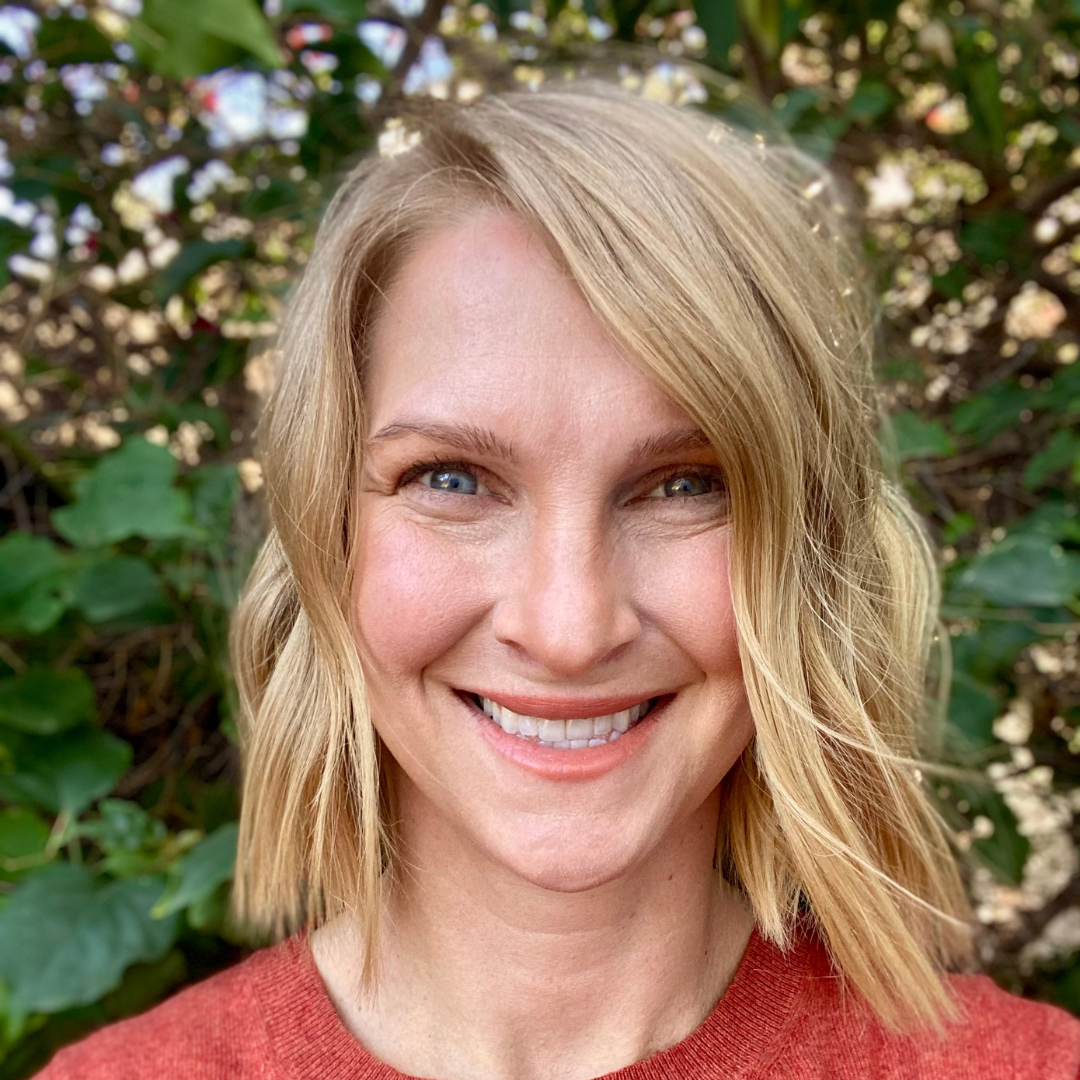Church Anew Blog
Get Updates in Your Inbox
Want to stay up-to-date with the Church Anew Blog? Sign up for our weekly blog round-up.
Author Interview with Meredith Miller- Wonder: 52 Conversations To Help Kids Fall In Love With Scripture
Kids don’t have the same notions about what the Bible is or how it works that adults have. If adults welcome kids’ thoughts and insights, if we want to hear their questions and reactions, we will find ourselves having totally different (and better) conversations about the Bible.
What is Biblical Literacy, Anyway? Thoughts on Teaching the Scriptures in a Digital Age
To teach the Bible today is... to teach a different way of reading than what our culture is comfortable with.
Ezekiel’s Tree
In order to grasp this great truth, the first thing we need to do is to get off our human high horse. We aren’t all that, especially when you compare us to the world of trees.
Triggers and Traumas: Preaching to More than the Choir
Drs. Michael Chan and Lisa Sethre-Hofstad help us understand how we can preach the Bible’s more problematic passages in the face of trauma and healing.
An Analgesic Faith: Reflections on Psalm 77
Lent has recently become Dr. Michael J. Chan's favorite season in the church year. The 40 Lenten days commemorate Jesus' time in the wilderness, where he was tempted both by the devil and the harsh environment.
The Story of Abraham and Family Trauma Part 2
The stories, like that of Abraham and his descendants, enable us in our modern times to understand that stories of family dysfunction are not at all new. These stories give us much with which to wrestle with as we learn and ponder them anew.
The Story of Abraham and Family Trauma Part 1
The stories, like that of Abraham and his descendants, enable us in our modern times to understand that stories of family dysfunction are not at all new. These stories give us much with which to wrestle with as we learn and ponder them anew.
Reading the Bible with the Webb Telescope
As my faith evolved and I began to question many of the traditions I was raised with, the memory verses sometimes stung like fresh cuts or ached like purple bruises.
EXPLORE OUR ARCHIVE OF ARTICLES FROM
Walter Brueggemann
Get Updates in Your Inbox
Want to stay up-to-date with the Church Anew Blog? Sign up for our weekly blog round-up.









